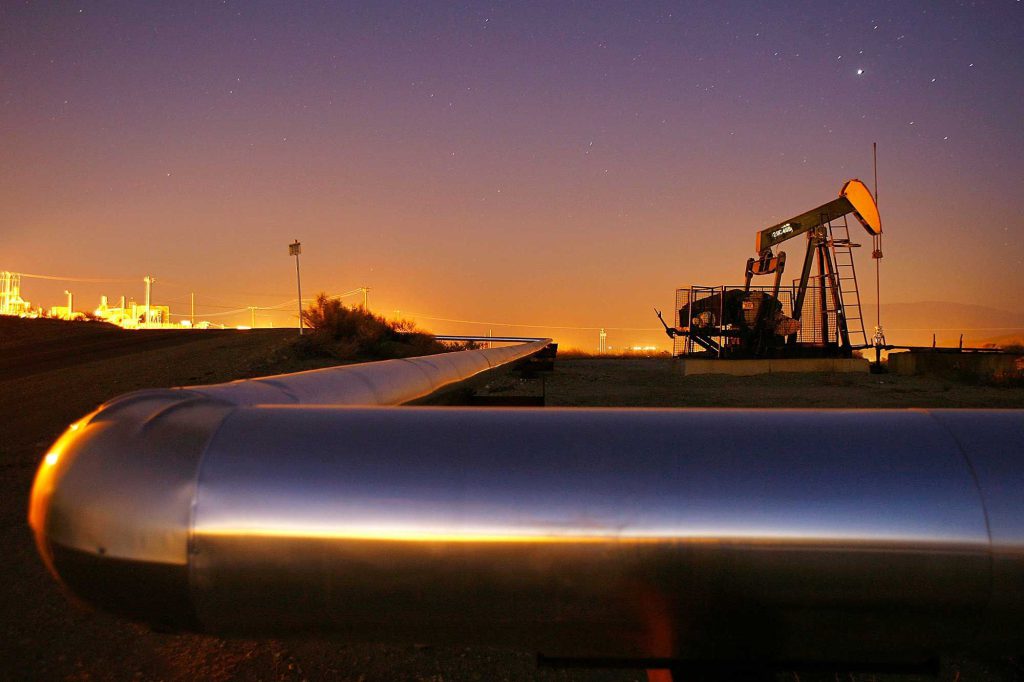IMF: The major oil exporting countries in the Middle East are expected to receive an additional $1.3 trillion from oil by 2026.
Higher oil prices and ongoing market turmoil are the driving factors behind higher earnings.
IMF: Oil and gas exports should use windfall to invest in energy transition.

The major oil exporting countries in the Middle East are expected to receive an additional $1.3 trillion from oil by 2026, thanks to high oil prices and the global oil market turmoil after the Russian invasion of Ukraine, according to the International Monetary Fund (IMF).
The Gulf states in particular are set for “additional cumulative oil revenues of $1.3tn through 2026,” Jihad Azour, IMF director for the Middle East and North Africa, told the Financial Times this week.
According to IMF experts, the oil revenue bonanza will bolster the coffers of the large sovereign wealth funds of the major exporters in the Middle East and prop up the monarchies in those states.
However, Azour cautioned that the Gulf oil and gas exporters should use the windfall to invest in the future, including in preparation for the energy transition.
Unlike the U.S. and many economies in Europe, which see slowing growth and could tip into recession as soon as the winter comes, the economy of the largest oil exporter in the Middle East and the world, Saudi Arabia, is set for one of the fastest growth rates this year with the jump in oil prices and higher oil production, the IMF said earlier this week.
“Saudi Arabia is likely to be one of the world’s fastest-growing economies this year as sweeping pro-business reforms and a sharp rise in oil prices and production power recovery from a pandemic-induced recession in 2020. Gross domestic product is expected to expand by 7.6 percent, the fastest growth in almost a decade,” the IMF said.
“Managing oil revenues in a sustainable manner, so that spending does not rise and fall in line with the price of oil, would promote fiscal sustainability and prevent a return to previous oil-driven cycles of boom and bust. So too would far-sighted budget planning and policies to diversify the economy,” the IMF noted.
Source: oilprice.com
